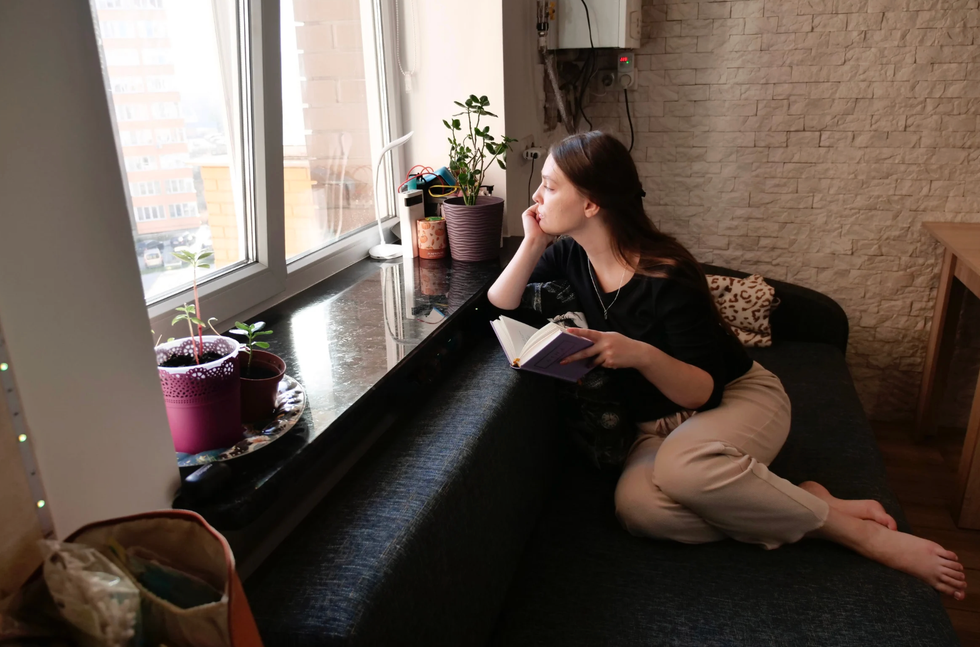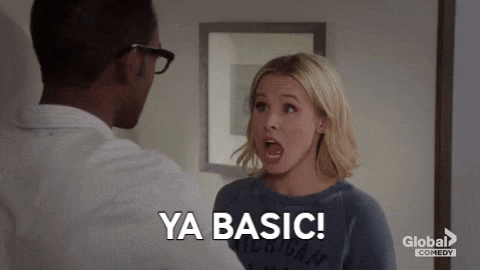An interesting debate arose in the course of making this issue: the merits of doing “right” versus the merits of doing “good.” In the third iteration of The GOOD Dinnertime Conversation—this time gathering nine individuals working on refugee issues in Berlin—our guests deliberate: What is the difference? Which should we strive for? The group comes to the consensus that one should generally aim to do what is right—but with the understanding that this isn’t always black and white, that what seems right in the moment can sour down the road. Still, this possibility, this uncertainty, should not prevent us from taking action.
Asked why she started assisting refugees with emergency relief organization Moabit hilft, Mareike Wenzel’s answer is simple—she saw a need so she did something about it. It’s this impressive sense of urgency that we’re celebrating in our fifth installment of the GOOD 100, which honors people who are acting right now, tackling pressing global issues in extraordinary and innovative ways.
There’s Betsy Reed, The Intercept’s incisive editor-in-chief holding government and big business accountable through deep-dive investigative journalism, and Rolof Mulder, the visionary whose micro-medical facilities enable rapid-response healthcare in war-torn areas. Photographer Jessica Lehrman (“The Center Cannot Hold,”) offers us a visceral look at the promising era of activism in which we find ourselves, while Charlene Carruthers takes us behind the scenes of a nationwide campaign to mobilize and empower black youth. And our very own Jed Oelbaum travels to Ohio to dig into what drives Syrian archaeologist and historian Amr Al-Azm (“One Foot in the Levant,”), a man trying to save his homeland’s cultural history from half a world away. Neither these individuals nor the 95 others you’ll learn about in the ensuing pages, are doing this work for the accolades—which is precisely why they deserve all the more recognition.
I’ll share one final insight from our dinner guests in Berlin, one that I believe is particularly apt to introduce this issue. To enact any sort of change requires venturing out of our comfort zones. The moment we settle in, content with the way things are, is the moment we should realize we aren’t doing enough. It may be daunting, but it’s imperative that we take that first step, whatever it may be.

















 Tow truck towing a car in its bedCanva
Tow truck towing a car in its bedCanva  Sad woman looks at her phoneCanva
Sad woman looks at her phoneCanva  A group of young people at a house partyCanva
A group of young people at a house partyCanva  Fed-up woman gif
Fed-up woman gif Police show up at a house party
Police show up at a house party 
 A trendy restaurant in the middle of the dayCanva
A trendy restaurant in the middle of the dayCanva A reserved table at a restaurantCanva
A reserved table at a restaurantCanva Gif of Tim Robinson asking "What?' via
Gif of Tim Robinson asking "What?' via 

 An octopus floating in the oceanCanva
An octopus floating in the oceanCanva


 A woman relaxes with a book at homeCanva
A woman relaxes with a book at homeCanva An eviction notice is being attached to a doorCanva
An eviction notice is being attached to a doorCanva Gif of Kristen Bell saying 'Ya basic!' via
Gif of Kristen Bell saying 'Ya basic!' via